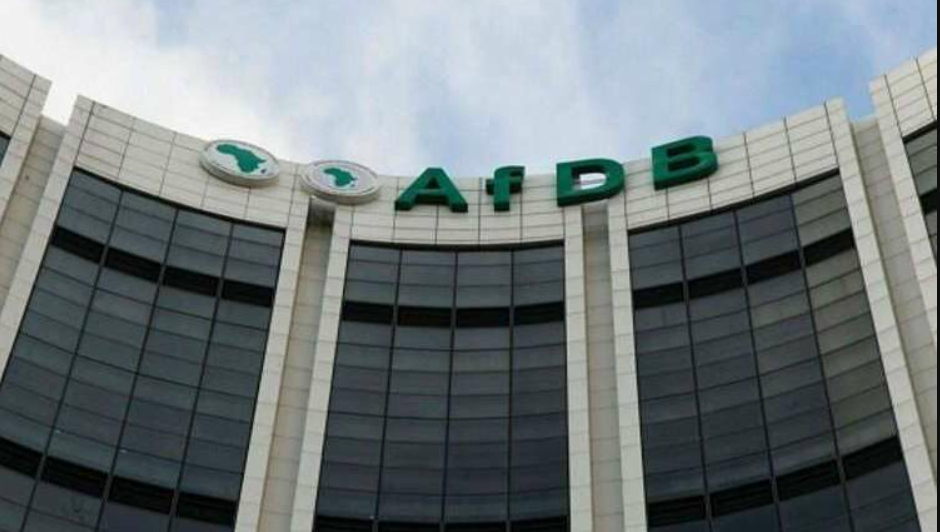Nigeria and AfDB Set to Launch $538 Million SAPZ Phase 1 Project in Kaduna and Cross River
April 6, 2025 — Nigeria is poised to take a transformative step in its agricultural sector as the African Development Bank (AfDB) prepares to launch Phase 1 of the Special Agro-Industrial Processing Zones (SAPZ) program this week. The groundbreaking ceremonies, scheduled for April 8 in Kaduna State and April 10 in Cross River State, mark the start of a $538 million initiative aimed at revolutionizing agribusiness and tackling food insecurity across the nation.
The AfDB announced the dual launches in a statement today, emphasizing the project’s scale as its largest single-country program to date. Vice President Kashim Shettima and AfDB President Akinwumi Adesina will lead the events, joined by representatives from co-financing partners including the Islamic Development Bank (IsDB) and the International Fund for Agricultural Development (IFAD). The SAPZ initiative, a cornerstone of the AfDB’s Feed Africa strategy, seeks to establish agro-industrial hubs in rural areas, equipped with infrastructure like power, water, and roads to boost processing, reduce food losses, and create jobs.
Kaduna and Cross River will spearhead this first phase, which also includes Kano, Kwara, Imo, Ogun, Oyo, and the Federal Capital Territory. In Kaduna, the focus will be on crops like maize, tomatoes, and ginger, while Cross River will prioritize cocoa, rice, and cassava—commodities chosen for their high agricultural potential. “This is about turning rural zones of economic misery into zones of prosperity,” Adesina said in the statement, highlighting Nigeria’s potential to become a global agribusiness leader with its 34 million hectares of arable land.
The $538 million funding package includes $210 million from the AfDB, $310 million from IsDB and IFAD combined, and $18 million from the Nigerian government. The program aims to create 400,000 direct jobs and 1.6 million indirect ones, targeting 1.5 million households. Private sector partners will design and operate the zones, a model Adesina called “government-enabled, private-sector-led.” The launch comes at a critical time as Nigeria faces a $4.9 billion annual food security challenge, intensified by global trade disruptions and Trump’s recent U.S. tariff hikes.
Despite enthusiasm, Phase 1 has faced hurdles. A February AfDB report labeled progress “problematic,” with 98% of the initial $210 million loan undisbursed due to delays in states like Imo, prompting warnings of potential loan cancellations. Kaduna and Cross River, however, have advanced, with bidding documents cleared and construction imminent. The launches signal a renewed push to overcome these setbacks, bolstered by a $2.2 billion commitment for Phase 2 secured at the Africa Investment Forum in Morocco last month.
President Bola Tinubu has championed the SAPZ as part of his economic diversification agenda, a priority amid rising inflation and a weakening naira. Local leaders are optimistic—Kaduna Governor Uba Sani called it “a game-changer for our farmers,” while Cross River’s Ben Ayade, speaking in 2022, predicted an oil-independent economy. Critics, however, question whether the funds will trickle down effectively, citing past infrastructure projects bogged by mismanagement.
As the diggers break ground this week, the SAPZ launch is more than a ceremony—it’s a test of Nigeria’s ability to harness its agricultural wealth. With 28 more states slated for Phase 2, the stakes are high for this ambitious bid to reshape the country’s rural landscape. For now, all eyes are on Kaduna and Cross River as they kick off what could be a new era for Nigerian agriculture.
